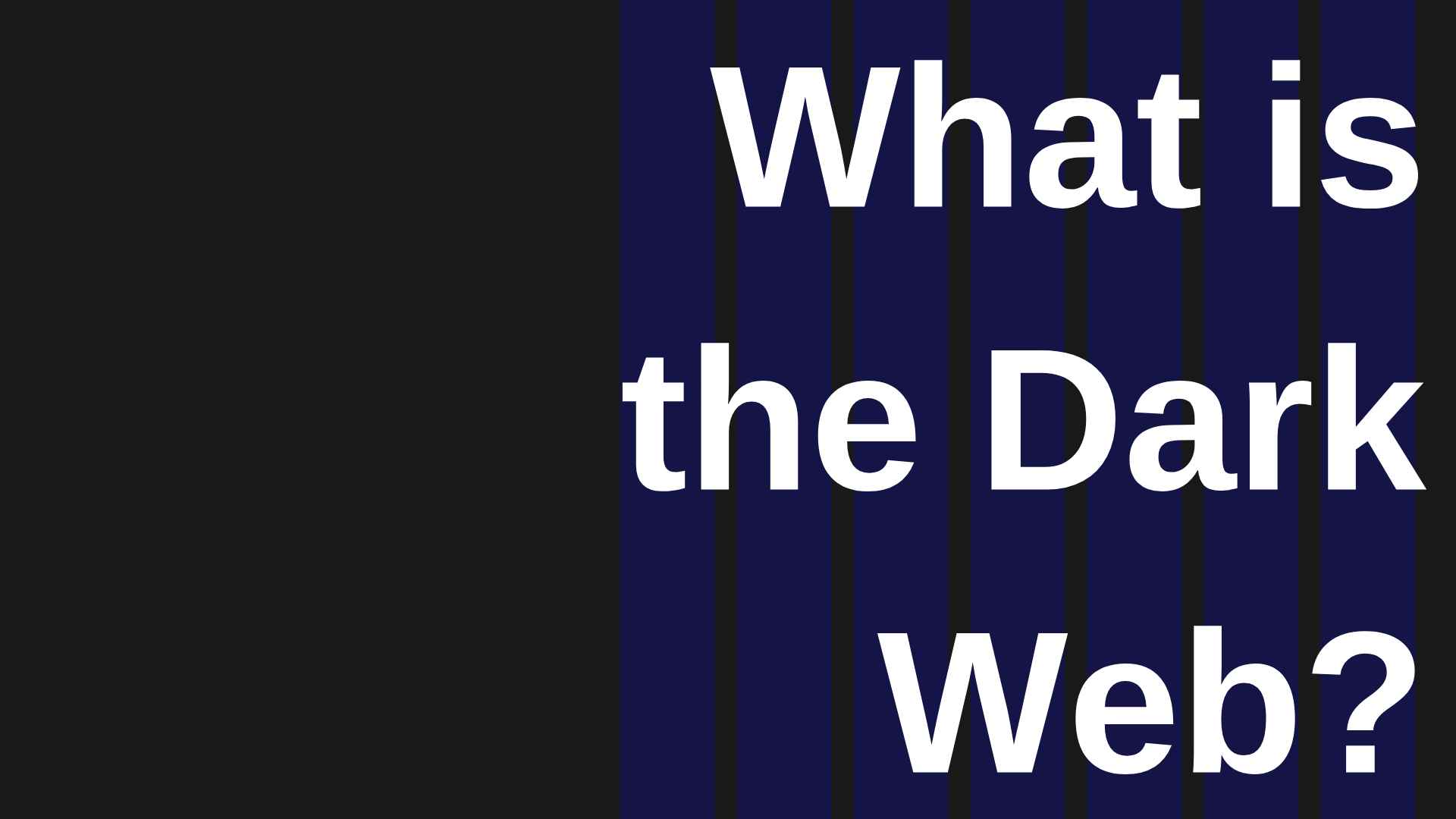What is the Dark Web?
The Dark Web refers to a part of the internet that is not indexed by standard search engines like Google, Bing, or Yahoo. It is intentionally hidden and requires special software to access. Unlike the surface web, where websites are openly accessible, Dark Web websites use encrypted networks to maintain anonymity.
Difference Between Surface Web, Deep Web, and Dark Web
- Surface Web: This is the visible part of the internet that can be accessed through search engines. Websites like YouTube, Facebook, and Wikipedia are part of the surface web.
- Deep Web: This includes content not indexed by search engines, such as private databases, online banking portals, and subscription-based content.
- Dark Web: A subset of the Deep Web that is intentionally hidden and can only be accessed through special browsers like Tor.
How to Access the Dark Web?
The Dark Web is not accessible through regular web browsers like Chrome or Firefox. Instead, it requires specialized software such as:
- Tor (The Onion Router): The most common way to access the Dark Web. Tor provides anonymity by routing internet traffic through multiple servers.
- I2P (Invisible Internet Project): Another network that focuses on anonymous communication.
- Freenet: A decentralized peer-to-peer network designed to resist censorship.
What is on the Dark Web?
The Dark Web hosts a variety of content, both legal and illegal. Some common categories include:
- Whistleblower Platforms: Secure places for whistleblowers to share information anonymously.
- Forums and Chat Rooms: Discussions on cybersecurity, politics, and privacy.
- Marketplaces: Both legal and illegal items, including books, digital services, and even drugs or weapons.
- Hacking Services: Tutorials, tools, and services related to hacking.
Is the Dark Web Illegal?
The Dark Web itself is not illegal. Many users access it for privacy and security reasons. However, certain activities on the Dark Web, such as illegal drug trade, hacking, and human trafficking, are unlawful. Law enforcement agencies worldwide monitor Dark Web activities to track criminal operations.
Risks of Accessing the Dark Web
While the Dark Web offers anonymity, it also comes with risks, including:
- Cyber Threats: Malware, phishing attacks, and hacking attempts are common.
- Scams and Fraud: Many websites sell fake products or services.
- Legal Consequences: Accessing illegal marketplaces can lead to legal troubles.
- Surveillance: Government agencies monitor Dark Web activities, and careless browsing can put users under scrutiny.
How to Stay Safe on the Dark Web?
If you decide to explore the Dark Web, follow these safety precautions:
- Use a reliable VPN before connecting to Tor for extra security.
- Avoid downloading files from unknown sources.
- Do not engage in illegal activities.
- Use strong, unique passwords and enable two-factor authentication.
Conclusion
The Dark Web is a mysterious and often misunderstood part of the internet. While it offers privacy and anonymity, it also harbors illegal activities. Understanding how it works, its uses, and its risks is essential before exploring it. If used responsibly, the Dark Web can be a valuable resource for privacy-conscious individuals, but caution is necessary to avoid legal and cybersecurity risks.
